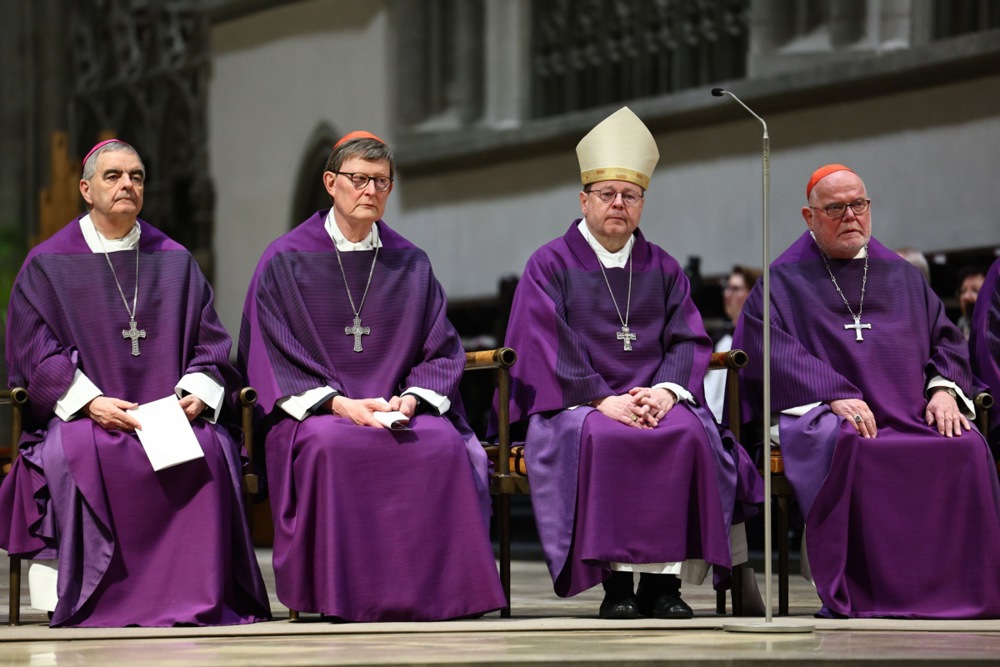Germany is hosting two days of peace talks between Armenia and Azerbaijan, five months after Azerbaijan took the Nagorno-Karabakh region from its ethnic Armenian majority, prompting a mass exodus of 120,000 ethnic Armenians to their home country.
Azerbaijan has been increasingly hostile to outside involvement in brokering an agreement, with its President Ilham Aliyev accusing the US of “jeopardising” relations by siding with Armenia.
German Foreign Minister Annalena Baerbock visited both countries in November, while German Chancellor Olaf Scholz met Aliyev and Armenian Prime Minister Nikol Pashinyan on the sidelines of the Munich Security Conference in February.
In December, the South Caucasus neighbours issued a joint statement saying they wanted to reach a “peace deal”.
Christian Armenia and mostly Muslim Azerbaijan first went to war over the breakaway Nagorno-Karabakh region in 1988. After decades of enmity, Azerbaijan in September recaptured the area, controlled by its ethnic Armenian majority since the 1990s despite being internationally recognised as part of Azerbaijan.
The offensive prompted most of the region’s ethnic Armenians to flee to neighbouring Armenia.
Armenia described the offensive as “ethnic cleansing”. Azerbaijan denied that charge and said those who fled could have stayed on and would have been “integrated” into Azerbaijan.
The German Foreign Ministry is hosting the talks. Baerbock will meet separately with her Azerbaijani and Armenian counterparts on February 28 before hosting a trilateral meeting.
She was expected to give a statement around 12.30 GMT.
Among the outstanding issues between the two neighbours is the lack of agreement over their shared border, with each holding small enclaves surrounded by the other’s territory.
The European Union, the US and Russia have all tried for decades to mediate between the two sides.





Can Germany escape from Hobbiton? Berlin has had a long respite from the horrors of the twentieth century, but it must now be ready to rejoin the world